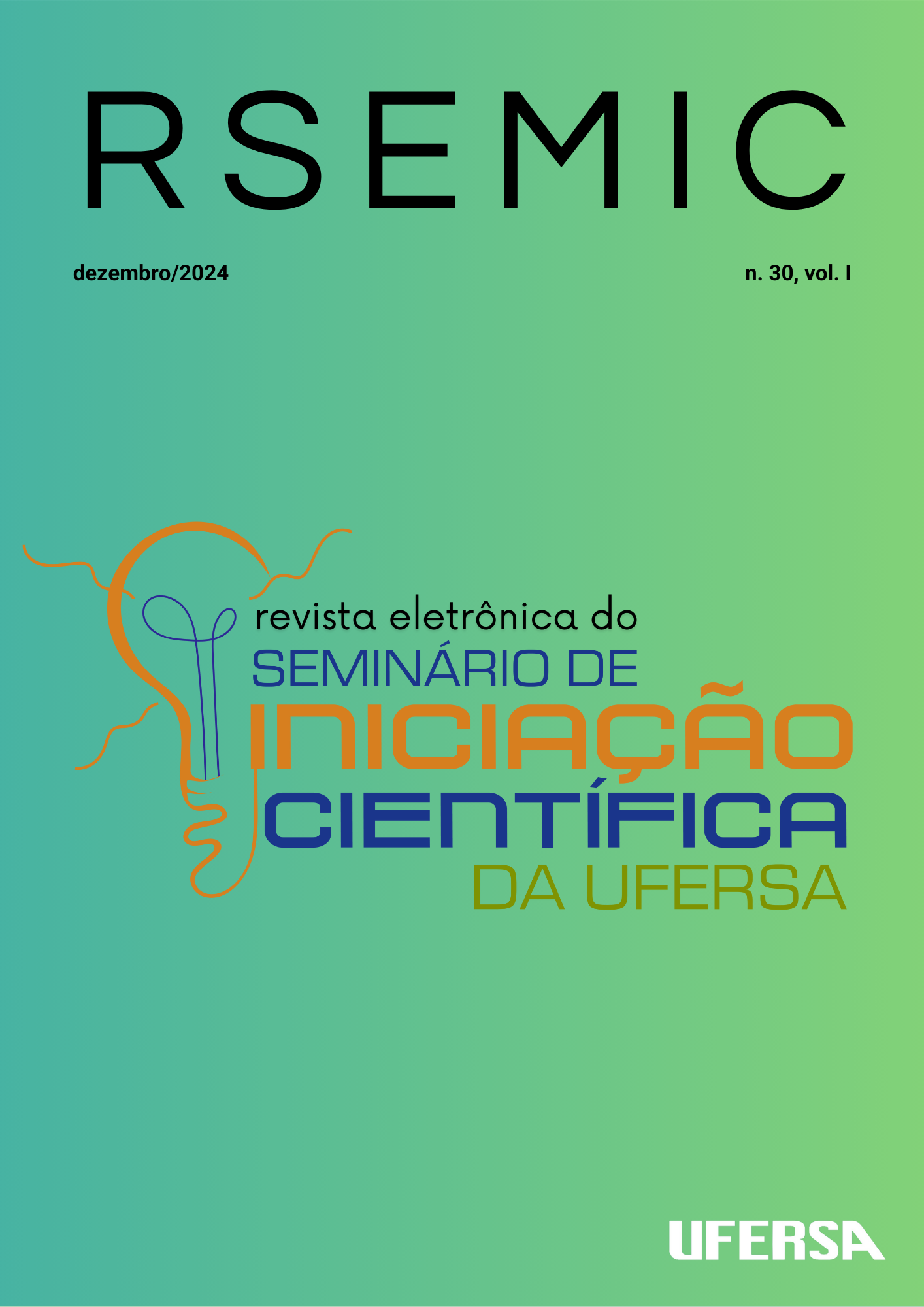Ciência cidadã como ferramenta para monitoramento e controle do peixe-leão na costa potiguar
Palavras-chave:
Peixe-leão, Invasor, Ciência CidadãResumo
The lionfish (Pterois sp.) is native to the Indo-Pacific Ocean and had its first occurrence in Brazil in 2014, but successfully established itself on the coast of northeastern Brazil from 2020. The success of the invasion and the establishment of Lionfish are attributed to several factors, including their generalist diet and adaptability to different environmental conditions, as well as a lack of natural predators. In addition to the environmental impact, lionfish can cause economic and social losses, as they can compromise fishing and, as they are venomous, cause accidents among fishermen. The objective of this work was to train fishing communities on the coast of Rio Grande do Norte through educational and expository lectures, educating citizen scientists informed about the impacts of lionfish on marine biodiversity and fishing, and making them protagonists in the fight against this invasive species. . The activities were carried out in Areia Branca, Macau, Porto do Mangue and Touros between July 2022 and October 2024. Fishermen were instructed to communicate the occurrence of the animals to the researchers, passing on information on location, depth and distance from the coast, as well as information about the type of substrate where the animal was found. Furthermore, fishermen were trained on how to handle animals at the time of capture, avoiding accidents. Around 400 fishermen were involved in the activities. With the help of fishermen, 138 lionfish were cataloged and 105 were captured and the data was used in ecological research on the species. The results revealed that 77.6% of the animals were registered in Porto do Mangue and Macau, where the first training interventions on lionfish took place, showing the importance of Environmental Education with the fishing community. As a product of this project, an informative video about lionfish was produced, which was disseminated on social media and shared in fishing colony groups. The results of this project demonstrate the effectiveness of citizen science as a powerful tool for scientific research, demonstrating the active participation of fishermen in identifying, capturing and communicating about the occurrence of lionfish, strengthening the link between the local community and the university and joining efforts to maintain marine biodiversity and the sustainable use of its resources.

